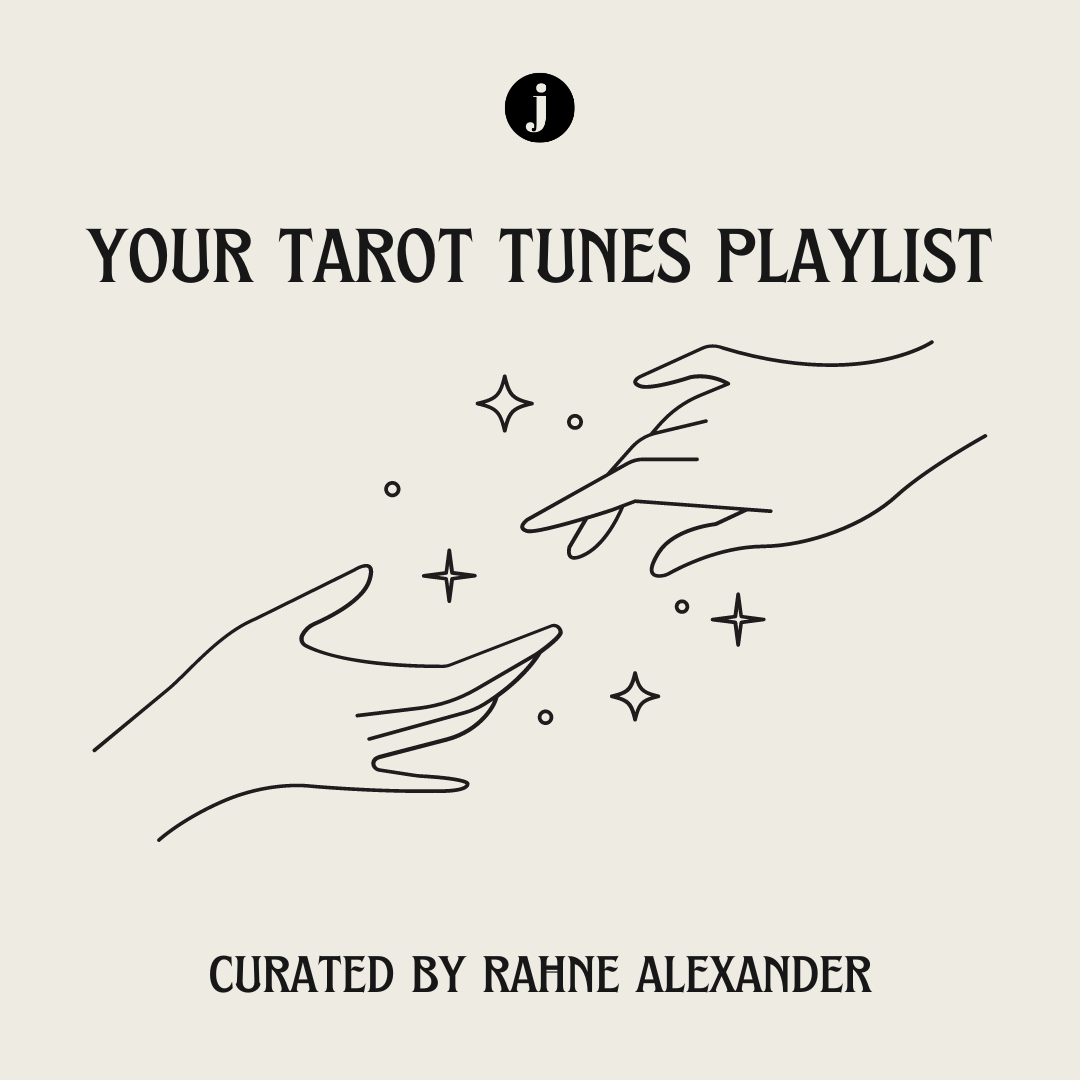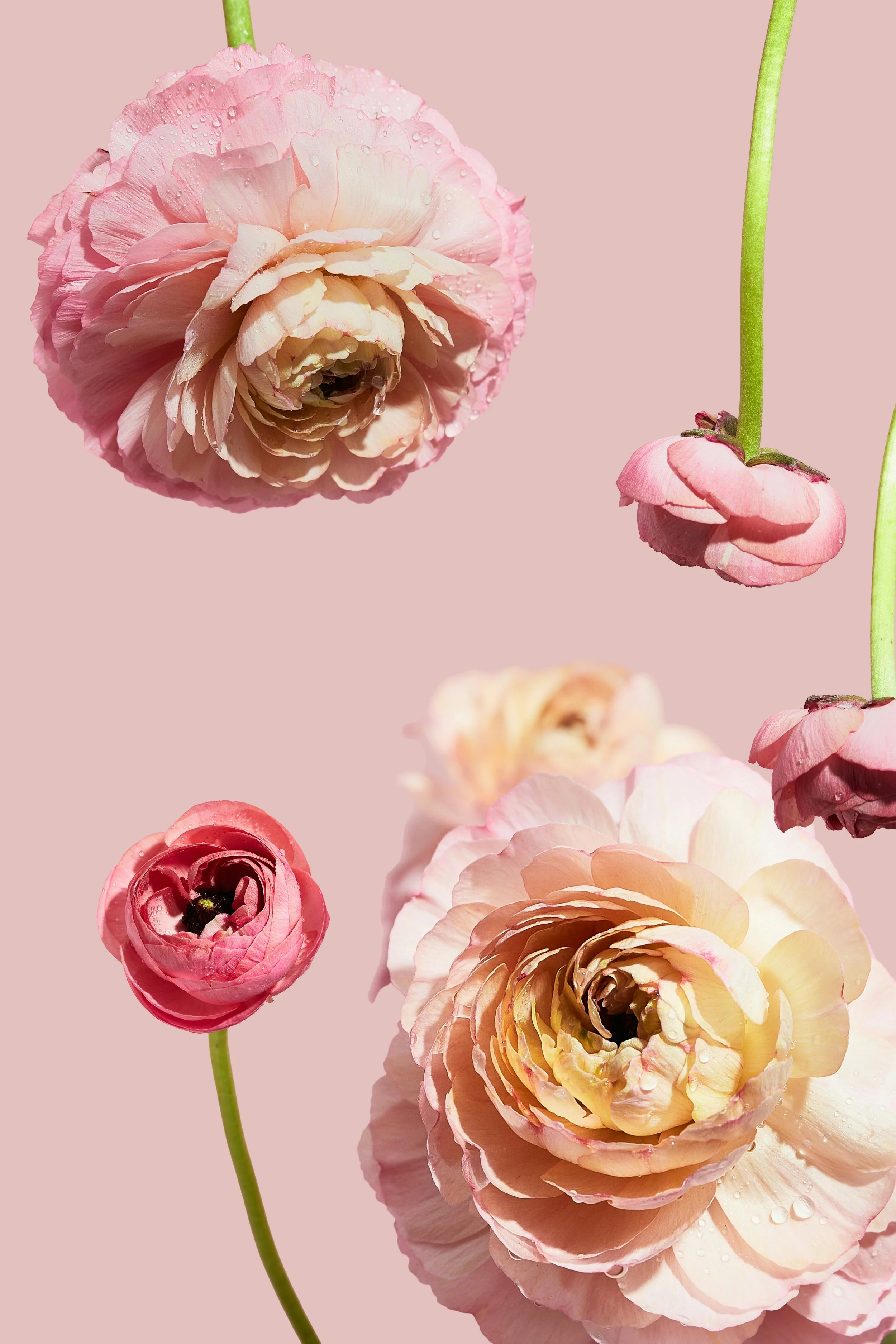The Tarot Asks: Who are you at this time?
Reading by Rahne Alexander
“In the light of all I know, who am I this time?”
A few years ago I gave my friend M a tarot reading in a coffee shop. I don’t recall the specifics — I deliberately forget the cards I pull for my querents — but butterflies emerged as a dominant symbol. She told me that she didn’t read tarot, but that she was more of a medium. She told me that I was surrounded by ancestors, which was a wild thing to hear. At an early age, I chose a lonely path and excommunicated the ancestors I knew of, and as a result, I’ve never felt attached to progenitors. The reasons why are beside the point — I’m related to a lot of creeps. The important part is my feeling of detachment from…them. So if M was right, who surrounded me?
M offered me a ride home from the reading. When we arrived at her car, M was shocked to discover there was an enormous pair of costume butterfly wings in the back seat of her car. It turns out it was a costume belonging to her housemate who had used the car earlier that day, and M had failed to notice the wings when she left the house. We cackled and took the wings as affirmation of what we’d discussed during her reading.
A year or two after that I found myself in Lilydale, the town renowned for its concentration of mediums. I went to the medium with the goal of getting a sense of who exactly these ancestors are. At first I was cagey with the medium; not because I felt skeptical of her practice, but because I wanted to see what she had to say about them before I disclosed my goal. The images she described were not people I easily recognized, but other things she said gave me reason to think she was giving me useful information. When I returned to my car, however, there weren’t any symbolic butterfly wings waiting for me, and ever since I continue to wonder about these so-called ancestors.
Queer Futures Past
I found myself confronted with this question of ancestry once again recently when I was asked to perform in an art show in November, in which queer-identifying artists explore the idea of ancestry. I accepted the invitation — I am, after all, a performance artist — but I had to wrestle with this idea of who are my ancestors, exactly? I began thinking about how in my teenage years, my thinking was transformed by reading about the idea of the karass in Kurt Vonnegut’s Cat’s Cradle.
In this world we tend to focus so much attention on the parentage of bodies. Even those of us who have separated from our families of origin often do this. As I pondered this performance I kept coming back to the discomfort I feel about the moral and political choices of the people who made me; the same people who tried to prevent me from living up to my potential.
In my practice, the tarot can only tell me about myself. It cannot tell me much about anyone else unless they are directly asking me. So if and when I go to ask this question that burns like Centralia: Who are my important ancestors? My answer is always going to be the reflections of those ancestors that I mirror. Today I’ve pulled the Six of Swords and the Four of Pentacles, and the question on my mind is, in the light of all I know, who am I this time?
The Six of Swords
This is a card about passage, about having survived a tumultuous or hazardous journey. It’s about assessment of the passage in the inbetween days as one leg of travel comes to an end, before the next one begins.
There’s often a hint of nostalgia for conflict at play in this card. Sometimes when I pull this Six, it suggests l’esprit de l’escalier, the phenomenon of coming up with just the right response to a situation days, months, years after the moment has passed.
If I’m asking about ancestors in the immaterial world, this is a card that understands that desire to look back, scanning for some sort of reassurance that is never going to come from that direction. This card is saying — singing, even — go on, walk away, your choice is made.
The Four of Pentacles
This card is about desperate protectiveness, defensiveness to a fault. In the deck I read from most, the central figure is nude except for a string of pearls she clutches. However vulnerable she may seem, she’s bound to protect her trove at all costs.
Who amongst us cannot relate in this current climate, when everything seems to be threatened, from our financial security to our bodily autonomy? Our air? Our earth? Our water? Our fire?
I don’t admire this possessive trait that I’ve inherited. I tell myself that I hoard like an artist, and that material things ultimately don’t matter. And yet this preternatural urge to possess and protect is always ready to emerge.
This too could be read as a card evoking a nostalgia for conflict. If the Six of Swords is concerned with conflicts with the world at large, the Four of Swords is perhaps concerned with interior conflicts, perhaps those that I’m still not quite yet ready to set free.
When I do my performance this month, I’ll be focusing on cultural ancestors rather than progenital ones. Those who helped me see the world in a different way, offering me a sense that I might be able to enjoy living and find it meaningful. You’ll have to wait for the show to find out who I’ll be acknowledging and how.
Who are you this time?
This month’s Tarot Tunes playlist keeps asking this persistent and ultimately unanswerable question — who are you? — alongside the admonition to be wary of falling under the spell of nostalgia, advice I can particularly use as we move into the harvest festival season.
Rahne Alexander is an intermedia artist and writer from Baltimore, Maryland. She holds an MFA in Intermedia + Digital Arts from UMBC. A tarot reader for more than 20 years, she can be reached for readings at rahne.com/tarot. Follow her on Instagram @the_tarot_asks.







